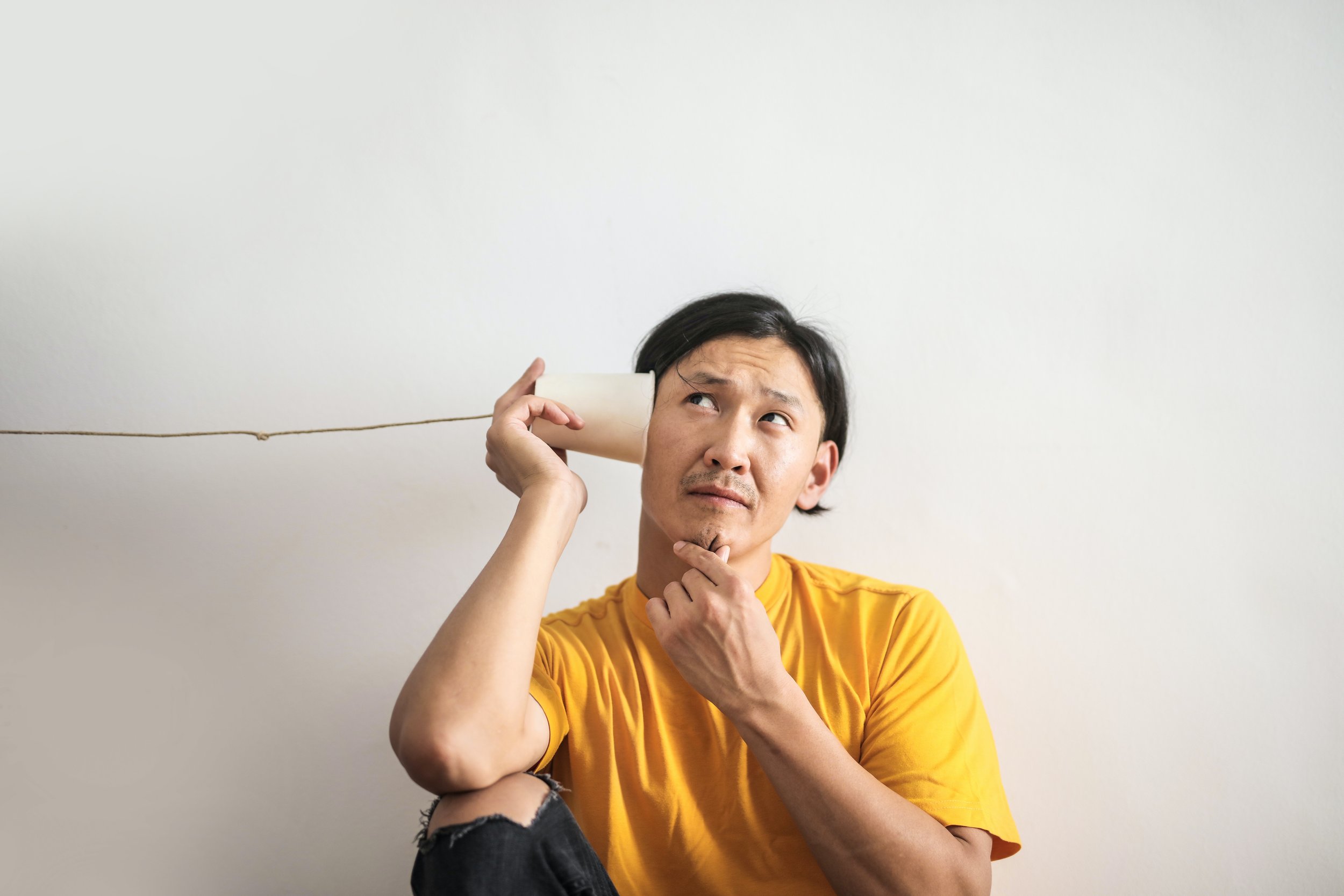How to Listen Without Judgement
Knowing how to respond when someone is upset can be difficult. Often we try to help by problem-solving, by sharing experiences or knowledge. Despite our best intentions, focusing on solutions can lead a person to feel invalidated. Most of the time, when you are upset you want someone to really listen, understand, and sit with us in the difficult space so we are not alone. Can you remember a time where you felt really heard? Empathy is critical to establishing and maintaining consciously-connected relationships, whether those relationships are platonic, romantic, sexual or intimate. Empathy is the ability to stand in the other person’s shoes.
Empathic communication requires four key skills:
Listen without judgment
Try to be curious about someone’s feelings and experiences, without blaming or problem-solving. The aim is to understand the other person’s perspective.
Look for feelings
Emotions are the most important clue to understanding someone’s experience. Facial expressions, body language, and words chosen give you clues about how they feel.
Climb in the boat
Imagine that a person you are listening to is alone in a boat. Instead of throwing them a rope, imagine sitting in the boat with them. You might need to ask questions to understand this better.
Summarise and validate
Summarising what someone has told you allows you to check your understanding. Validating means you emphasise that their experience is important to you.
This blog post is a brief exploration of this topic and does not replace therapy. At SHIPS, we have practitioners that are knowledgeable and skilled in a variety of areas including sex therapy, relationships and more. If you may benefit from some support, please check out our website resources, or contact us.
We are also always happy to hear feedback about our blog articles. If you would like to share your experience or feel we may have missed something on this topic, please contact us to let us know.
AUTHOR
Javiera Dastres
Senior Psychologist



